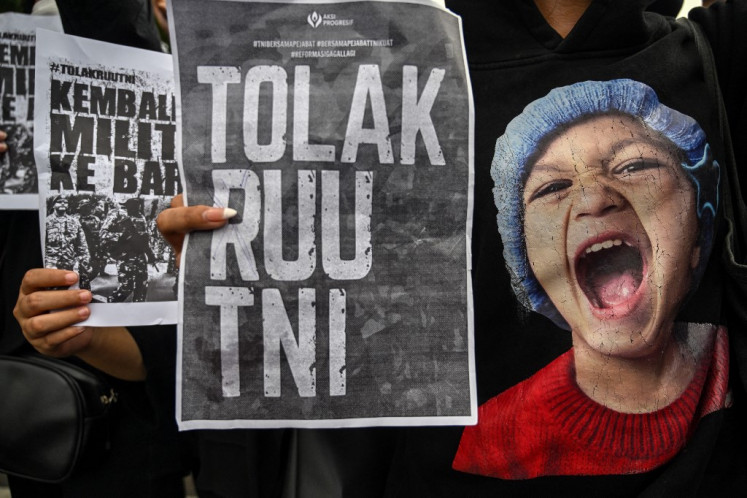INSIGHT: ASEAN monetary authorities brace for uncertain 2017
ASEAN nations must brace themselves for a series of potential shocks from across the globe, while maintaining stability and also factoring in several domestic economic weak spots.
Change text size
Gift Premium Articles
to Anyone
 Stock Boards At Asia Plus Securities (Bloomberg/File)
Stock Boards At Asia Plus Securities (Bloomberg/File)
A
SEAN members must remain vigilant to ensure a stable 2017 follows their solid 2016, and are cautiously observing the latest developments in the world economies, particularly in the United States, China and Europe.
In 2016, ASEAN’s economies posted healthy economic data, with good gross domestic product (GDP) growth and relatively low inflation. Focusing on the threelargest markets in the region, which together make up approximately 65 percent of the ASEAN economy, Indonesia posted 5 percent growth in 2016, Malaysia 4.2 percent and Thailand 3.2 percent.
But this year, ASEAN nations must brace themselves for a series of potential shocks from across the globe, while maintaining stability and also factoring in several domestic economic weak spots.
From the US, a tightening of monetary policy, a shift toward protectionist trade policies and expansionary fiscal policies could hurt the international flow of capital. While expansionary policies stimulate growth, they are likely to be financed through the issuance of new US government bonds, which could pull capital from emerging markets.
ASEAN is also closely monitoring China’s financial stability, as credit growth remains high and spending on infrastructure and property construction rose in the second half of 2016. If the construction bubble bursts, ASEAN nations fear the financial shocks will reverberate throughout the region.
Elsewhere, political developments in Europe, including the uncertainties of Brexit and the rise of populist, far-right and anti-EU politicians in the Netherlands and France, could hit world trade volumes. Finally, recent increases in the prices of oil, liquefied natural gas (LNG), refined petroleum products and rubber threaten to push up inflation in ASEAN countries.
So far in 2017, the ASEAN central banks that have announced interest rate decisions — Indonesia, Malaysia, Thailand and the Philippines — have all held flat their benchmark rates, citing the need to maintain stability and growth momentum.

















